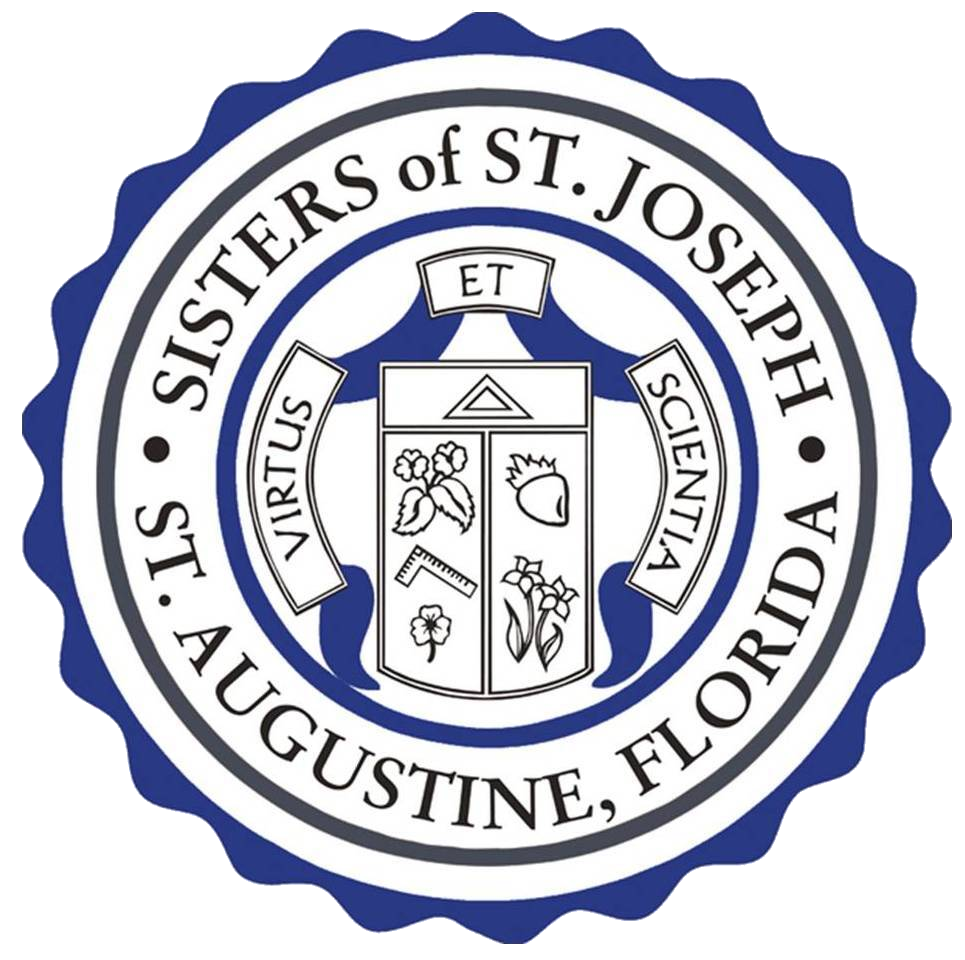Taking Care of Our Sacred Home
Motherhouse Gardens after a rain shower.A year ago the Diocese of St. Augustine’s Committee on Integral Ecology published a 19-page document with a shorter four-page summary they entitled Co-responsible Attitudes for Resources and the Environment (CARE). The plan was a diocesan response to the 2015 papal encyclical, “Laudato Si - On Care for Our Common Home,” written by Pope Francis. Both documents were written in response to the twin crises of climate change and global inequality. Pope Francis urged the world to hear “the cry of the earth and the cry of the poor.”
More than 20 years ago a Catholic cultural historian named Thomas Berry (The Great Work) wrote that the great work of our time was to build “a mutually beneficial relationship between humans and our fragile planet.” We are all being called to ecological conversion. We are challenged to meet the needs of the present world without compromising the needs of the future.
Roseate Spoonbill at St. Augustine Alligator Farm.In the introduction of the diocesan Integral Ecology Plan it states “…it is clear that finding ways to minimize our own impact on the environment is a primary way in which we can fulfill our call. Individually, and collectively, reducing consumption and minimizing waste will lessen our own individual, and collective, impact on this world, and thus, perhaps, help preserve it for future generations.”
The plan goes on to describe how climate change has multiple causes and multiple effects, including decades of increased greenhouse gasses in the atmosphere which increase temperatures that lead to sea level rise, frequent storms and flooding, excessive heat, and insect borne diseases.
Agapanthus flower in Motherhouse gardens.
However, according to the Diocesan Committee on Integral Ecology, the top environmental problems are not that we do not understand the science, but that a change of attitude is needed - a conversion. “The top environmental problems are selfishness, greed and apathy, and to deal with those we need a spiritual and cultural transformation and we scientists don’t know how to do that.” (Speth, 2013)
The three areas of focus in the plan are Formation, Commitment to Reduction of Consumption and Waste, and Advocacy. The scales of the plan are for individuals, family/group, and organizations. They offer six specific goals and encourage Catholics to take the St. Francis pledge to care for the environment.
What can you do as an individual to reduce consumption and waste? What could your family do? What about your workplace or your parish or school?
Sunset over the St. Lucie River in St. Lucie County, Florida.The Vatican has initiated a seven-year global Laudato Si Action Platform to try to help bring about needed changes to help address the crises of climate change and global inequality. The plan written by the St. Augustine Diocese’s Committee on Integral Ecology is a great resource for all within our 17-county diocese. It can be found on the diocesan webpage.
Sister Kathy Sherman of the Congregation of St. Joseph wrote a song called “A Home for All.” She sings of “Planet earth, reflection of the Creator’s love,” and also, “Let us do all in our power to protect this sacred home for all.” Planet earth is our sacred home - not a short-term rental.
Wasp on milkweed plant bloom at St. Joseph Renewal Center in St. Augustine, FL.




